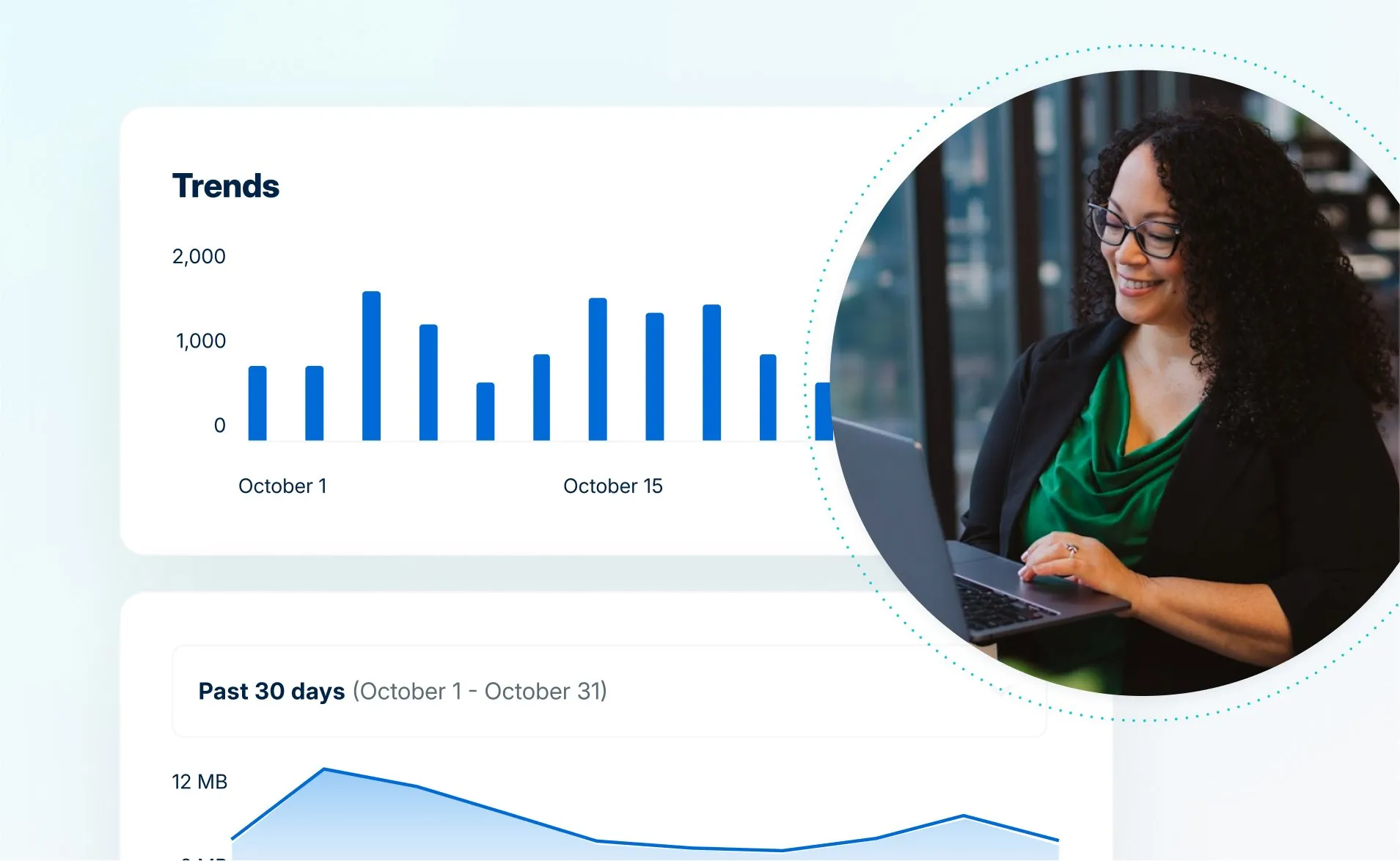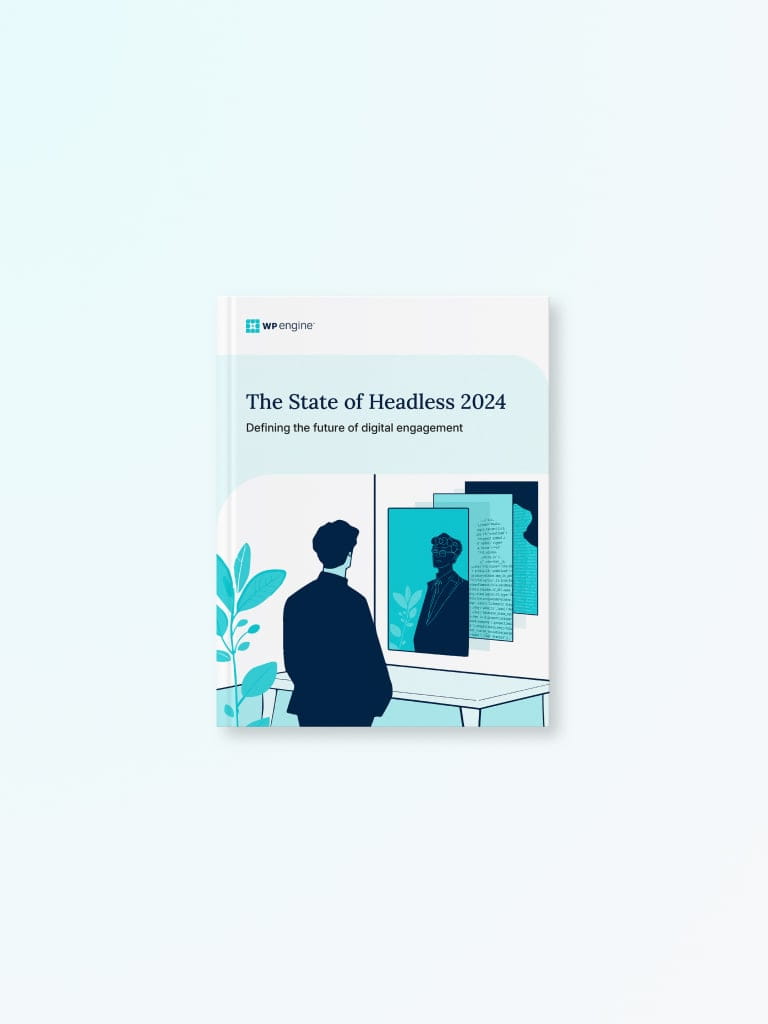
WordPress hosting for growing businesses
Build the future of the web today
Our managed hosting platform is built to help scaling businesses unlock their next stage of growth. With world-class performance and innovative technology designed for WordPress®, we provide the tools to turn your vision into reality.1
Powering 1,500,000+ sites on WordPress

Enterprise-grade solutions
Reduce total cost of ownership with top performance, expert support, and security.

Agency solutions
Manage multiple client sites with ease and unlock recurring revenue streams.

Small Business solutions
Grow your business with effortless site management, performance, security, and support.
Why WP Engine?
The WP Engine advantage
Best-in-class security
Security you can rely on
With enterprise-grade security and proactive monitoring, WP Engine keeps your website safe and secure.
Enterprise-grade protection: advanced DDoS mitigation, managed WAF, and trusted security tools provide peace of mind for your business.
Proactive and reliable monitoring: 24/7 threat detection and site monitoring addresses issues before they impact your site.
Built for compliance: our platform offers managed SSL certificates, secure data handling, and alignment with industry standards such as SOC-2 and ISO-27001.
Unmatched performance
End-to-end performance optimizations
Speed, reliability, and scalability designed for websites that can’t compromise on performance. We’ve taken care of optimizations at every level so you can focus on what’s next.
Delight every visitor: achieve lightning-fast load times and boost conversions with out-of-the-box front and backend optimizations.
Always online: EverCache® boosts page speed and reduces server load, plus our platform ensures up to 99.99% uptime.
Grow without limits: leverage WP Engine’s scalable architecture to handle traffic surges with consistent speed and reliability.
Accessible expertise
Expert support, on demand
Real people, real expertise—available 24/7. Expand your team with dedicated account managers and experts ready to help accelerate success.
Peace of mind: expert help is just a call or click away, with 90% of issues resolved in the first interaction.
Technical expertise: access experts around the clock to diagnose and fix complex site issues quickly, ensuring peak performance.
Advisory services: receive strategic guidance and proactive performance optimizations to save on the cost of hiring consultants.
Stress-free migrations
Migrate with confidence
Switching to WP Engine is simple, fast, and reliable. Our tools and team streamline your migration, so you can focus on what matters most—your business.
White-glove service: our migration team will manage every step of the process to ensure a smooth and worry-free experience.
Onboarding assistance: ensure your site is performant, reliable, and secure at launch with custom onboarding services, including a 40-point technical health check.
Trusted expertise: whether you have one or a hundred sites, our team can handle any level of complexity.
See the difference for yourself
Reduce your total cost of ownership
Your foundation for success
WP Engine products
Show more
Thought leadership, events, & community
Insights from the experts in WordPress

Building Your Digital Presence: A Total Cost of Ownership Analysis
In today’s fiercely competitive digital landscape, establishing a strong and cost-effective online presence isn’t just a nice-to-have—it’s essential for long-term business success.

Improve WordPress Speed and Performance
Your client’s website is a key tool in their marketing arsenal. Empower them to make the most of it. It’s never a great feeling when you realize an avoidable mistake led to a frustrating…


Building Flexible, Scalable, and Custom Client Solutions With ACF
Today, agencies face increasing pressure to provide tailored solutions that not only meet the unique needs of their clients but also scale seamlessly.

Solidifying Your SEO Strategy: Lessons Gleaned From Industry Experts
Put simply, search engine optimization (SEO) is any process of improving the quality or quantity of traffic to a website or page via a search engine.

Award-Winning Success for a Strategic Agency Partner
Creative technology agency whiteGREY has a simple yet powerful ethos: Tension creates extraordinary.

What’s Coming in WordPress 6.7: New Default Theme, Better Font Management, and More!
WordPress 6.7 introduces new features like the Twenty Twenty-Five theme, enhanced font control, and Zoom Out mode—streamlining design and site management.

The State of Headless 2024: Defining the Future of Digital Engagement
In today’s multi-device, omnichannel world, businesses need adaptable solutions to keep up with rapidly growing digital demands.









